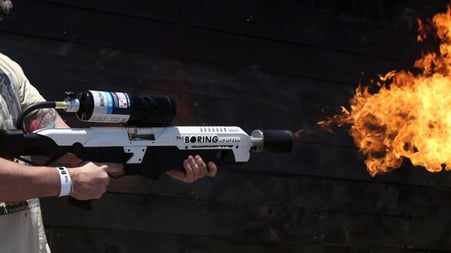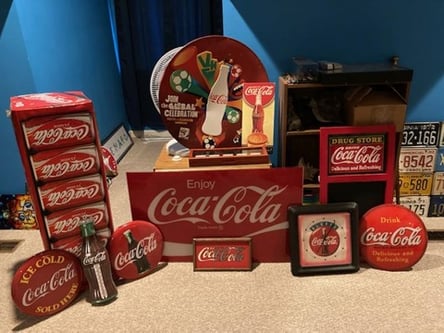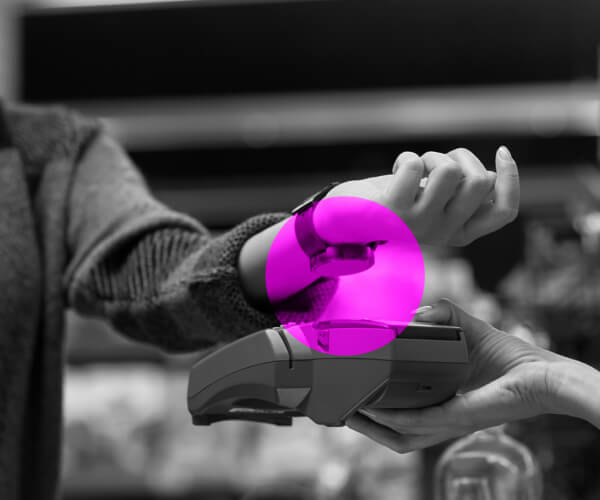Brand Loyalty is an important aspect of every consumer interaction that every company desires. Not only can it secure future revenue, including helping each product be Seen, Shoppable, Seductive, and Selected, but it also ensures that shoppers are not choosing competitors. This is especially important for brands that have multiple product offerings on the shelf such as The Coca-Cola Company, who manufactures and sells multiple beverage types including soft drinks, water, and sports/energy drinks. If a consumer is brand loyal, they will be more likely to purchase products from the same brand across multiple categories, increasing revenue and leading to more innovation opportunities. The primary issue that many, if not all CPG companies face, is “How do we secure and gain more brand loyalists?”.
Now more than ever, in the age of internet and digital communication, consumers are very critical of any move a company makes. There have been many marketing strategies companies have attempted throughout the years to gain brand loyalty, though some have been more effective than others. Attempting to culturally connect your product with consumers has been done successfully before, however it is one of the ‘riskier’ options these days. On the other end of the marketing spectrum, a ‘safer’ option companies have used to garner an increase in brand loyalty is to create collectibles surrounding their brand and/or product. This can be done in any number of ways and has been done frequently in the past. The Coca-Cola Company specifically has created hundreds of appealing memorabilia collectibles to consumers including advertising signage, pins, toys, specialty bottles, trays, and even furniture to name a few.
 While Coca-Cola has a long-standing history, being that it was founded back in 1892, this form of marketing can still be seen being utilized by newer companies today. More recently, billionaire Elon Musk created a collectible ‘flamethrower’ to successfully advertise and gain loyalty for his newly founded infrastructure and tunnel construction services business, The Boring Company. I know what you’re thinking and don’t worry, it’s not an actual flamethrower.
While Coca-Cola has a long-standing history, being that it was founded back in 1892, this form of marketing can still be seen being utilized by newer companies today. More recently, billionaire Elon Musk created a collectible ‘flamethrower’ to successfully advertise and gain loyalty for his newly founded infrastructure and tunnel construction services business, The Boring Company. I know what you’re thinking and don’t worry, it’s not an actual flamethrower.
I myself am a Coca-Cola memorabilia collector, including all that was mentioned above and even a few more. Having collected it for most of my life, my brand loyalty to Coca-Cola has only become stronger over the years. I still do a double-take if I go to a restaurant asking for a Coke and they ask, ‘Is Pepsi okay?’. I have nothing against Pepsi (knowing many of my co-workers have an affinity for Pepsi), however because of my brand loyalty to Coca-Cola, it’s become my default choice.
 This form of marketing extends from providing collectibles, to being more appealing and relatable to the consumer. The reason I started to collect Coca-Cola memorabilia was because my father (who is also a collector) and I started visiting antique stores when I was younger. If you were to go to any antique store today, there will most likely be too many Coke collectibles to count. It’s very possible the affinity I have for the Coke memorabilia stems from the great memories I have spending time with my Dad, and that is exactly the kind of connection companies need to create in order to get through the consumer loyalty threshold.
This form of marketing extends from providing collectibles, to being more appealing and relatable to the consumer. The reason I started to collect Coca-Cola memorabilia was because my father (who is also a collector) and I started visiting antique stores when I was younger. If you were to go to any antique store today, there will most likely be too many Coke collectibles to count. It’s very possible the affinity I have for the Coke memorabilia stems from the great memories I have spending time with my Dad, and that is exactly the kind of connection companies need to create in order to get through the consumer loyalty threshold.
Being appealing and relatable to a consumer can apply to anything, not just collectibles. However, it is that emotional response to the marketing that is needed to improve brand perceptions and loyalty over time. Going back to Pepsi, one of their most successful advertising campaigns ever included a positive-oriented ‘Is Pepsi OK?’ commercial. The brand itself was aware that this question was asked at food industry locations all around the country and connected consumers own positive experiences with the positive aspects of Pepsi. Helping consumers to remember how good the food was in addition to their Pepsi, or how great the company at the table was at the time with their Pepsi really resonated with consumers. Of course, it would take much more than a marketing campaign to convert die-hard brand loyalists, but it is a good start.
Our service offerings at Behaviorally can be a great start in determining if a marketing campaign is eliciting emotional responses from consumers. Specifically, OmniPath® is our in-depth exploratory solution for diagnosing the influences, causes, triggers, and holistic factors that inspire consumers to shop the way they do. These projects help identify critical moments along the path-to-purchase to influence consumer choice, including analysis of optimal digital online & traditional in-store touchpoints in which to invest your shopper marketing budgets.
THE AUTHOR
 Michael Huchler is an Insights Analyst at Behaviorally applying his background in Experimental Psychology to the consumer insights space. He enjoys exploring new ways to analyze data, giving new and modern actionable recommendations to get the client thinking in the right direction, apart from helping in any way he can. Outside of work, he loves to play video games, explore beautiful natural scenery, and hang out with friends as much as he can. Connect with him on LinkedIn.
Michael Huchler is an Insights Analyst at Behaviorally applying his background in Experimental Psychology to the consumer insights space. He enjoys exploring new ways to analyze data, giving new and modern actionable recommendations to get the client thinking in the right direction, apart from helping in any way he can. Outside of work, he loves to play video games, explore beautiful natural scenery, and hang out with friends as much as he can. Connect with him on LinkedIn.
